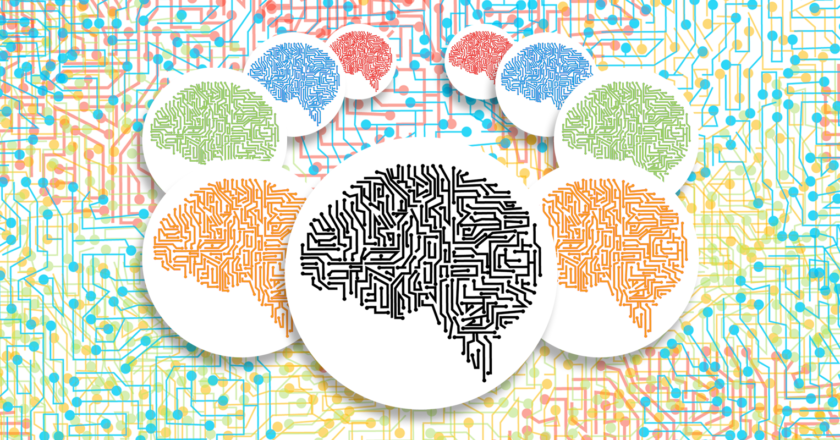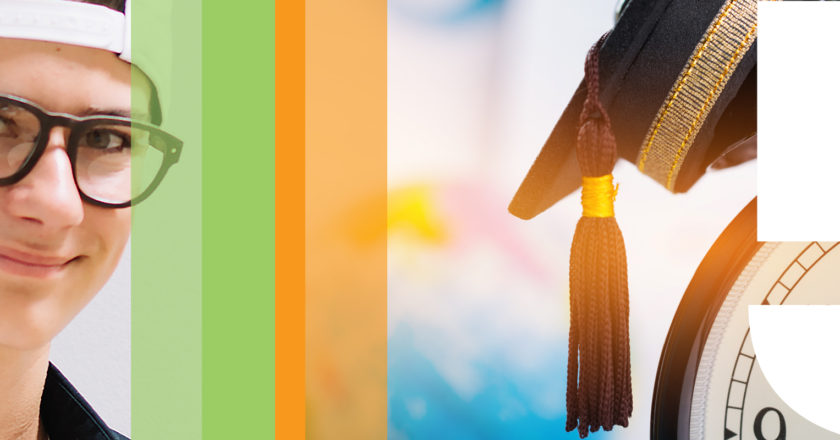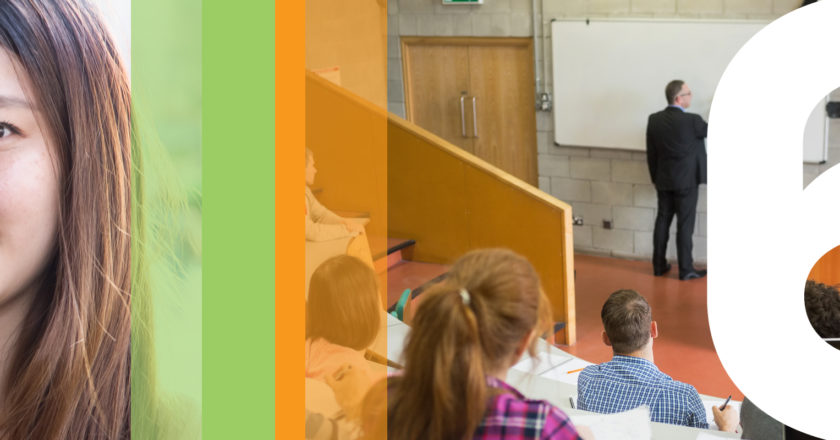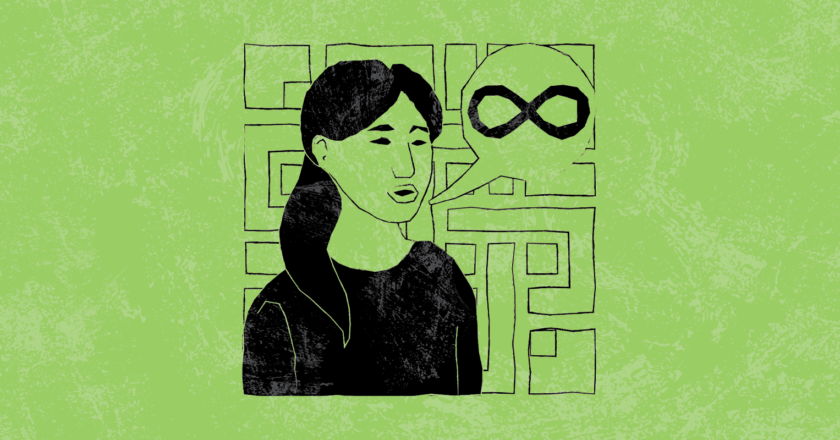Tech leaders are paving the way for greater autism-inclusivity in the workforce, rethinking the interview, providing accommodations, and investing in people


Tech leaders are paving the way for greater autism-inclusivity in the workforce, rethinking the interview, providing accommodations, and investing in people

Practice life-skills. Find a point-person on campus. Encourage your autistic student’s self-advocacy. Becker discusses these and other supports for students on the spectrum preparing to transition to college.

Taking campus tours, exploring student activities, and accepting a little anxiety. Things autistic students can do to make college transition, well, if not “a breeze,” a little less intimidating!

Emotional safety, physical safety, and practical considerations that help autistic students create and maintain a variety of healthy relationships.

Boosting productivity is just one of the benefits to having more people who have an autism diagnosis represented in the work force. Read on to learn more.

What academic, professional, and social skills are you hoping to develop? Is a four-year college, a two-year program, or technical certificate the right fit? Having clear and realistic goals will prepare you for the next steps.

Anxiety can be especially overwhelming and negatively impact the school experience. Luckily, there are many strategies you can use to reduce your anxiety and make you feel more confident and positive. Remember: you are not alone!

Meeting with the Disabilities Services Office during your first week of college classes is just one important step for autistic students.

Be prepared to step back. This might be easier said than done, but treating your autistic student like an adult is key to their academic growth.

Accommodations. Supports. Privacy Laws. These and other considerations can help autistic students decide whether to disclose their diagnosis in college.